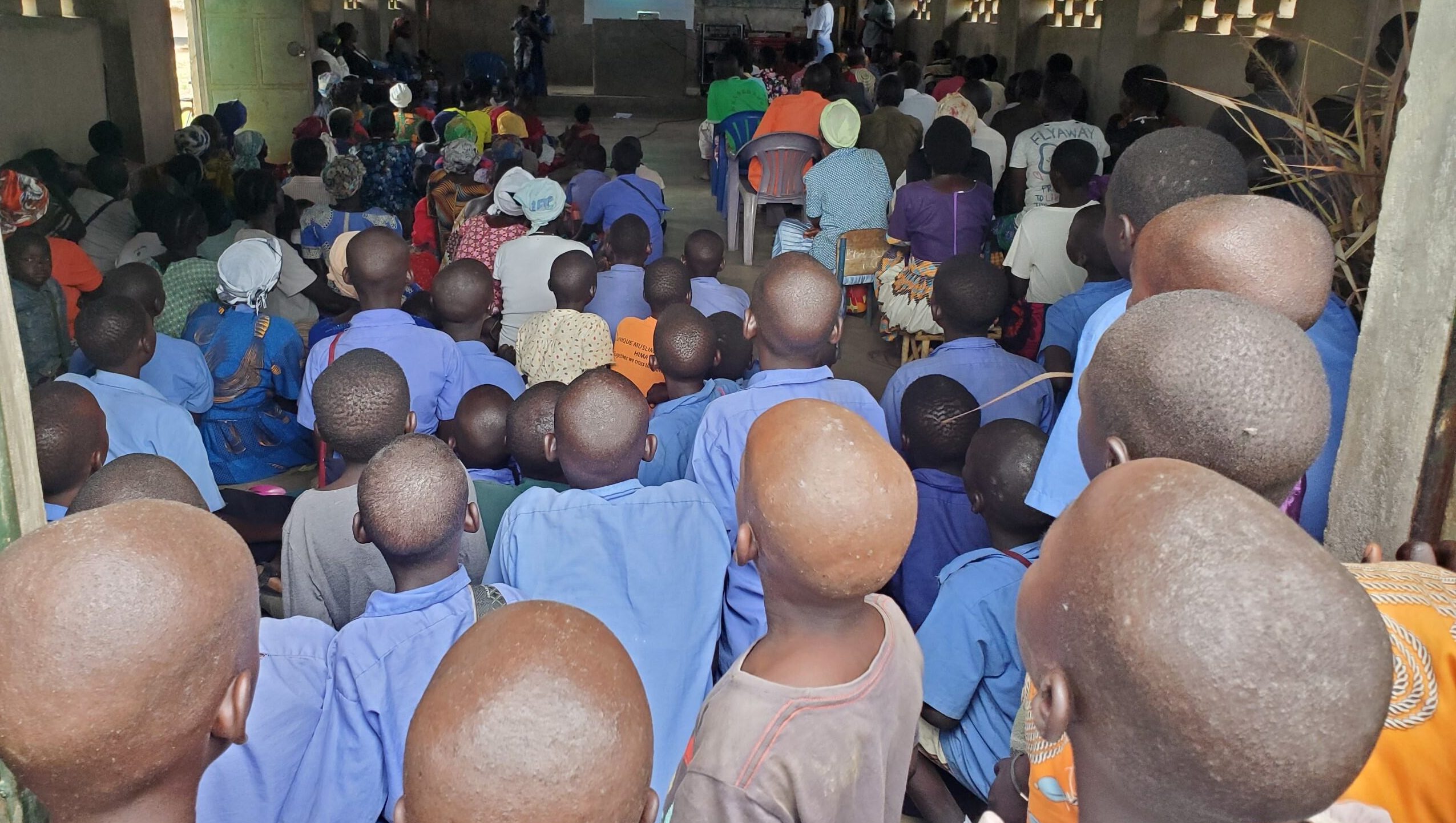Empowering advocacy, enhancing well-being, and changing their experiences in the present and the future
| Lead | The University of Birmingham |
| REF Panel | D – Arts and humanities |
| REF UoA | 28 – History |
| Locations | Canada, Vietnam, Haiti, Lebanon, Democratic Republic of Congo, Uganda, Bosnia |
| Funders | Arts and Humanities Research Council (AHRC), European Commission, Volkswagen Stiftung, Wellcome Trust |
| Funds or grants | AHRC Network Grants, European Union (EU) Horizon (Marie Sklodowska Curie) Innovative Training Networks, Global Challenges Research Fund (GCRF), Partnership for Conflict, Crime and Security Research (PaCCS), Volkswagen Symposium Grant, Wellcome Trust Medical Humanities (seed funding) |
| Partners | In Uganda: Facilitation for Peace and Development (FAPAD) |
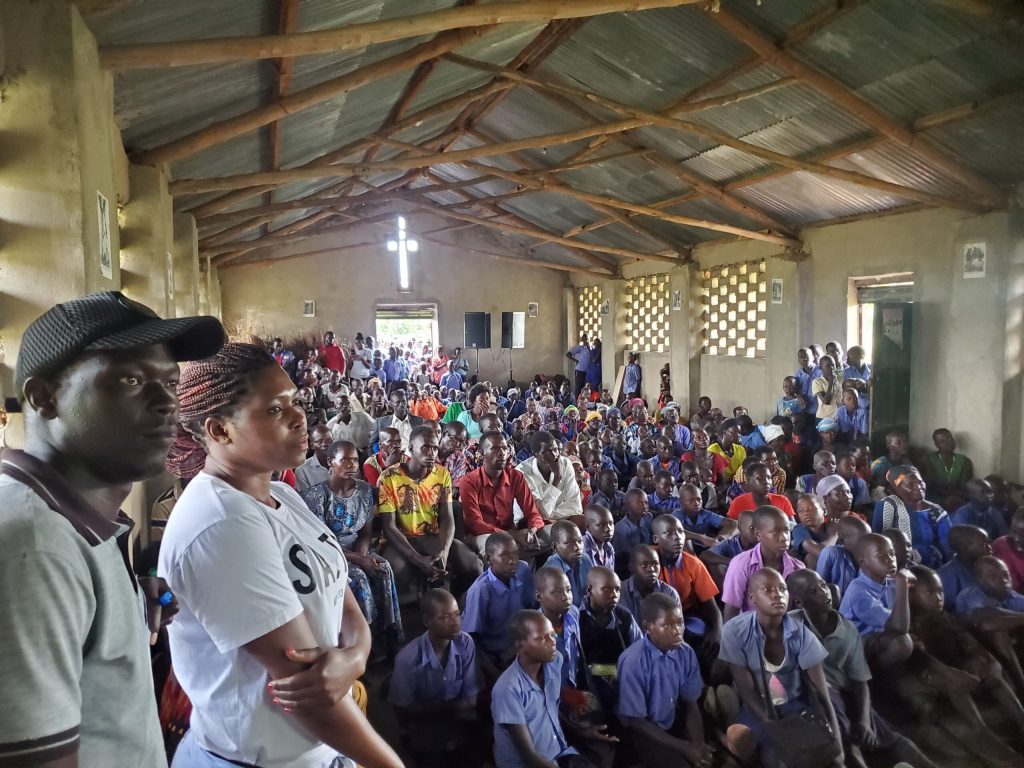
“We (the children) were carrying our fathers’ burdens and crimes. We did not tell their names to anybody because we would be judged. Through research, we were able to confront our past, stand together, and tell our story. Tell who we are, create a community, and reconcile with our community. We experienced self-love, and love for one another. I am no longer cancelled; I am a leader who is listened to and involved in community activities.” LMIC-based research participant
Children Born of War (CBOW) are children fathered by (foreign) soldiers and born to local mothers. They are born during or after armed conflict and often face significant stigma, discrimination and other childhood adversities. Engagement with CBOW in multiple countries deepened understanding of conflict experiences. The conceptualisation of their rights has helped inform United Nations (UN) policy changes. Audio-visual materials created by CBOW have increased visibility of their stories, helped positively shift self-perceptions, and supported reconciliation with their communities.
Key Impacts
Increased understanding and awareness of CBOW experiences
- Collaboration between academics across various disciplines, including public health, sociology, anthropology, and psychology, led to nuanced understandings of challenges faced by CBOW in different contexts. It also facilitated comparative analyses across time and locations.
- Engagement with media outlets raised international awareness of experiences of CBOW among public and policy audiences. In Haiti, Chile, and Uruguay, research findings and media spotlight contributed to relevant policy discussions.
Informing UN policies and practices
- Researchers engaged with two UN Secretary General Special offices to contribute to policies that provide better support for war-affected children. This included the Office for Children and Armed Conflict and the Office on Sexual Violence in Conflict.
- Using their findings, researchers worked with the Office of the Victims’ Rights Advocate (OVRA) to improve UN responses to peacekeeper-perpetrated gender-based violence and sexual exploitation and abuse. Research also informed the rights-based approach to victim support at the UN Security Council Research and contributed to reshaping training for UN practitioners.
Improving relationships among CBOW and their communities
- CBOW participants expressed moving from feeling ‘discriminated and rejected’ to gaining ‘new self-confidence’ about expressing their personal stories, reflecting on common needs (e.g., on emotional, social, and legal issues) and advocating for better support.
- CBOW challenged stigmatisation and discrimination by developing cultural artefacts (e.g., docu-dance productions and a virtual game) that increased empathy within and beyond their communities.
- Research contributed to the development of new groups such as the Forgotten Children of War Association in Bosnia, which continues to deliver national and international advocacy work.
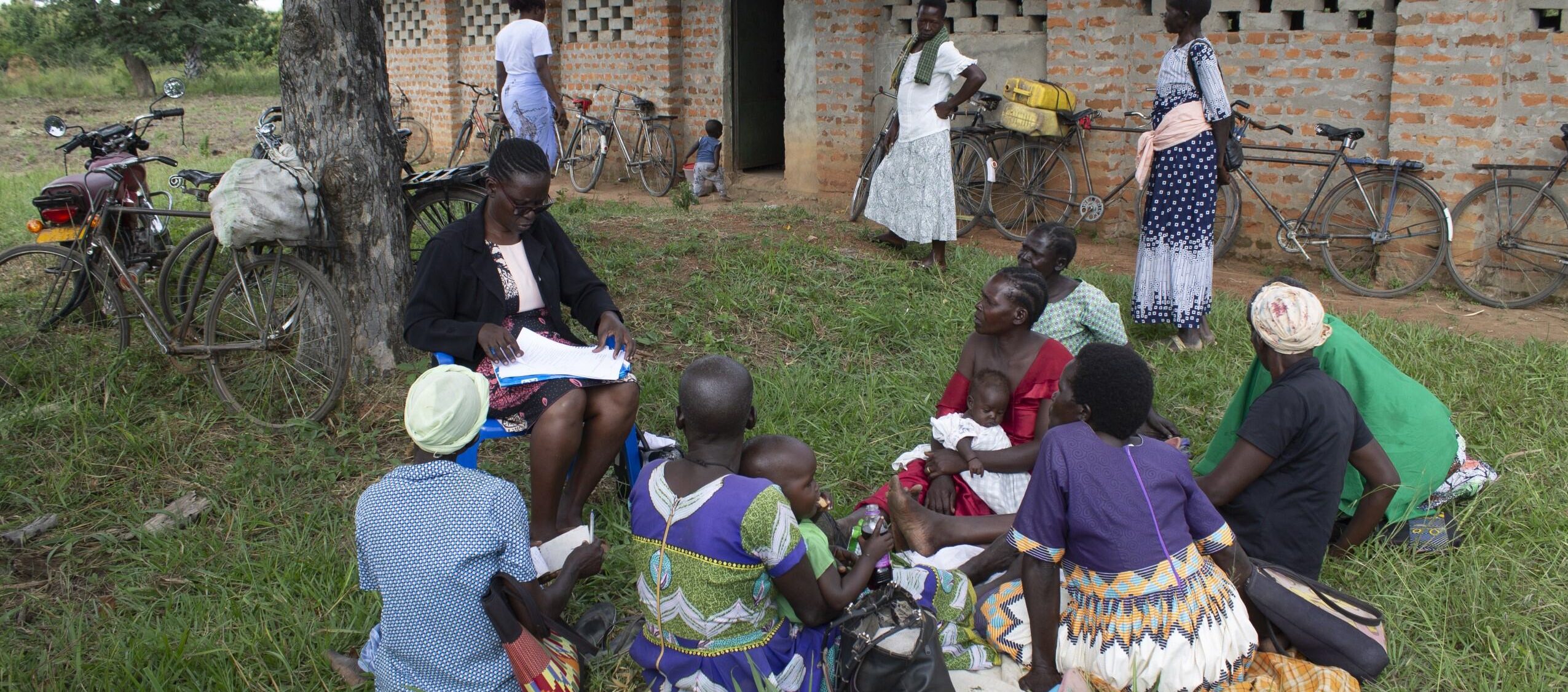
Underpinning research enablers
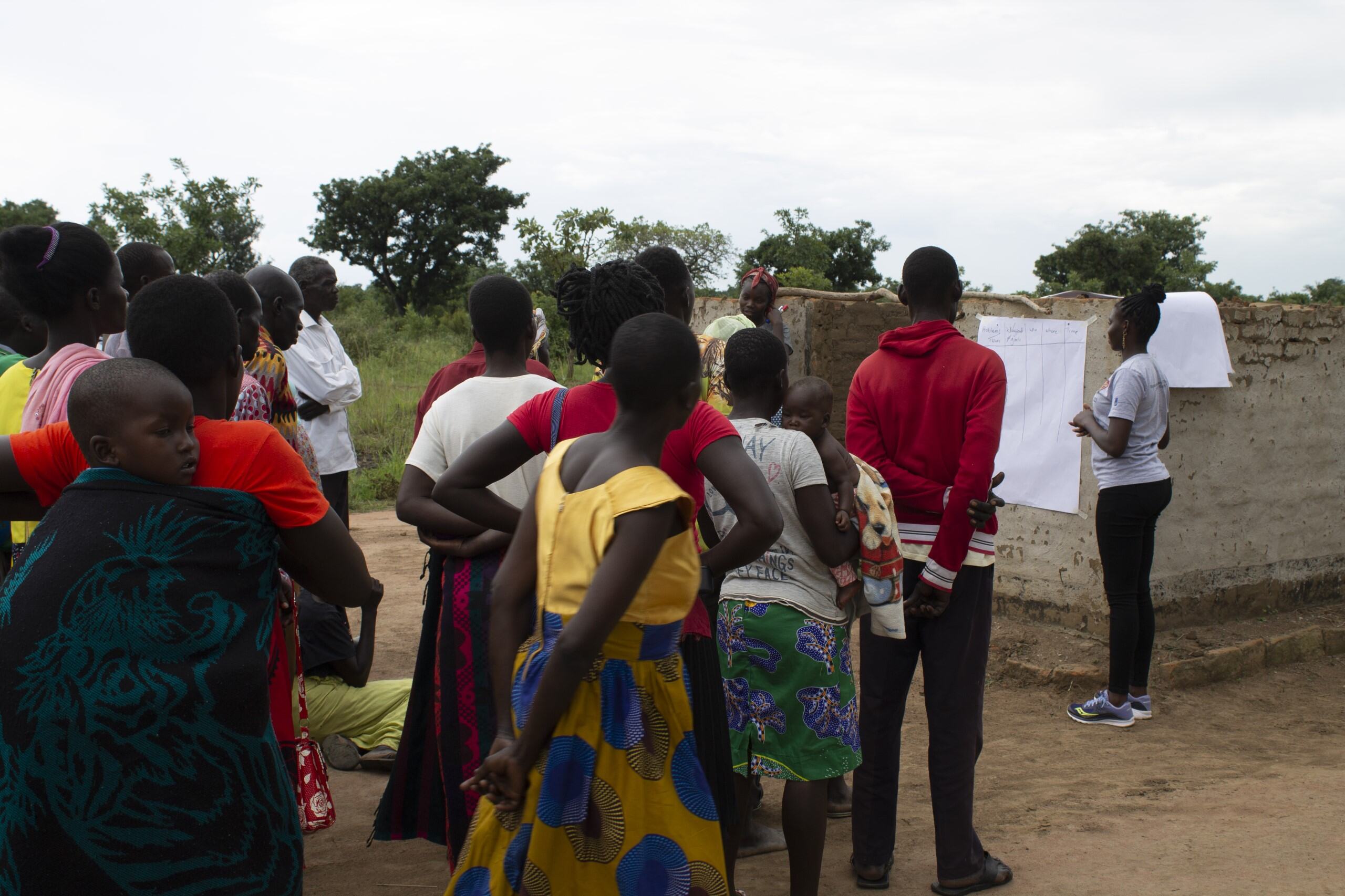
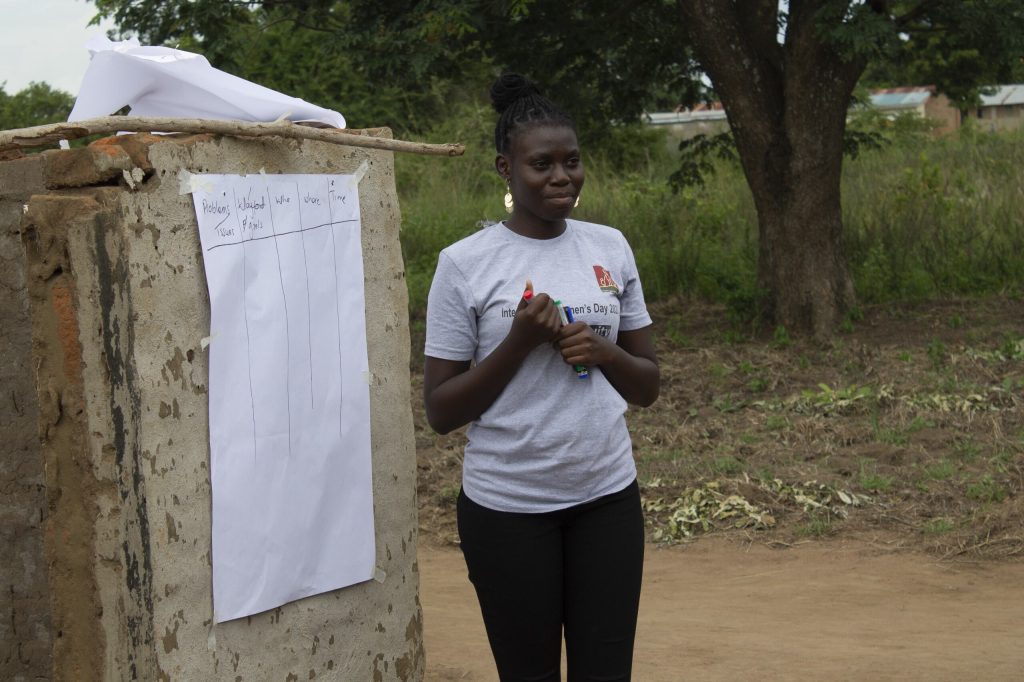
Recognise various forms of impact evidence
- Documenting unplanned impact: While not anticipated in the initial historical and anthropological research, the research process and outputs led to mental health benefits (e.g., increased self-esteem), community bonding (e.g., reconciliation between child soldiers and their victims, regained respect as leaders, and CBOW finding previously unknown family members). Written, video, and performance testimonials reflected the effects on personal, family, and community levels, strengthened a solid foundation of impact evidence, and increased chances of influencing policies, practices, and societal change.
Recognise the role of local intermediaries
- Benefits of equitable partnership: In Uganda, partnering with FAPAD, a local grassroots organisation, led to effective community engagement, improved contextual understanding, and support in recognising and exposing human rights abuses and the effects of the war among CBOW and their mothers. Throughout the project, FAPAD introduced key actors, mobilised networks, monitored local action for co-producing outputs, and flagged historical and socio–cultural sensitive elements.
Embed ethics around research funding and aims
- Care ethics at the forefront: Based on previous experiences of unethical research with CBOW, there was a risk of mistrust toward foreign researchers and low participation in the project. Genuine and sustained commitment to the participants (e.g., continued engagement and activity co-creation) facilitated trust-building and increased interest in the project, whilst also minimising the potential risk of psychological or social harm. Transparency regarding the research aims increased the research team’s credibility. Caring conversations with parents and children ensured consent, confidentiality, and respect for autonomy and agency. CBOW participants highly valued the inclusion of their insights in research findings.
